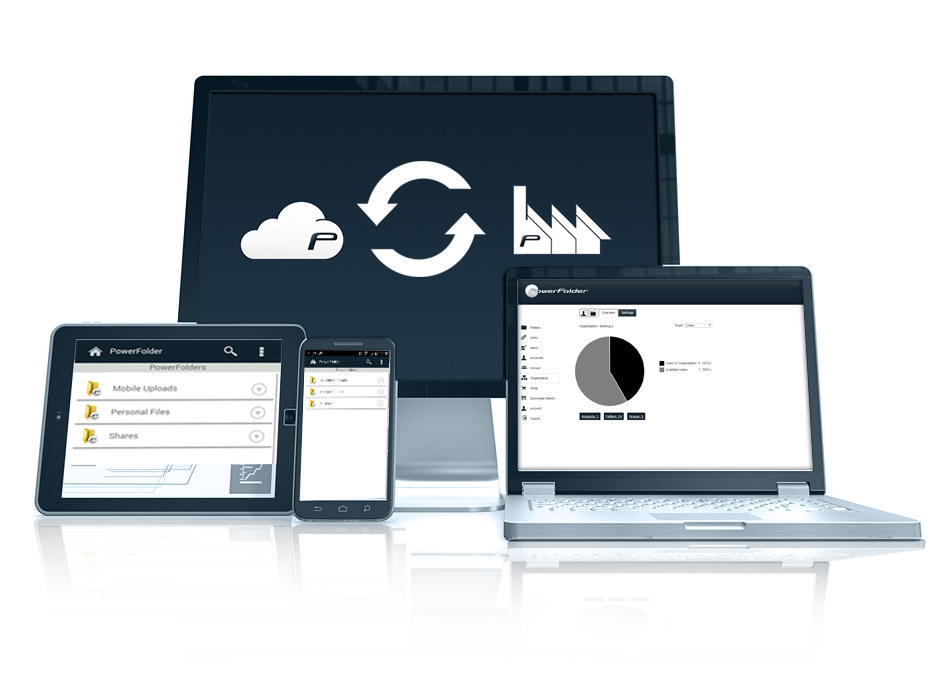Private Cloud
Private cloud is a hosting solution that is also known as an internal or enterprise cloud that is based on a company’s intranet. All data is stored and protected in the cloud by a firewall. Private cloud is a great option for companies who have data that is expensive and needs to be locked.
The private cloud is essentially a bespoke infrastructure that is designed to prohybtect your data. It is hosted onsite or at a service provider centre. The private cloud is efficient as much as public clouds are, however, it provides higher levels of control and security that makes it appropriate for larger businesses who hold strict and important information. The cloud is also customised to compute, store, and network components in accordance with IT requirements.
One of the disadvantages of private cloud is that all of the management and maintenance side of things is the company’s responsibility, therefore the servers will need to be replaced which can be expensive.
The advantage of private cloud is that it provides a strong level of security for companies that allows data to be safely stored and accessed.
These are based on shared physical hardware which is owned and operated by third-party providers, meaning that there are no hardware or maintenance costs incurred by your business. The ideal solution for small to medium sized businesses or those that have fluctuating demands, the primary benefits of the public cloud are the speed with which you can deploy IT resources, and the utility billing it offers. By spreading infrastructure costs are across a number of users, each can operate on a low-cost, pay as you go approach to the provisioning of IT services. And, due to the sheer size of public clouds, businesses can scale compute power up and down as changing business demands dictate, within a matter of minutes. So why not create a private cloud?
Public Cloud
The primary difference between public and private clouds is that you don’t have responsibility for any management of public cloud hosting. The data is stored in the company’s data centre and the provider is only responsible for the maintenance side of things. This can be great for many companies as it reduces lead times in testing new products and business data can be easily maintained.
Public clouds are rooted from a shared hardware that is owned by a third party provider, which means there are no costs for maintenance by your business. This is a great option for small to medium sized business and for those who require a fast paced storage facility. The main benefits from a public cloud is that the speed of the system is impressive and enhances IT resources. Because many people use public clouds a lot the scale of power up/down changes the business demands within minutes.
A disadvantage, however, is that the security level is reduced and there is no control of the security on your part. The data is separate from others and it’s rare for security breaches with the public clouds, however it is something to take into consideration when choosing which one best fits with your company.

Leave a Reply
You must be logged in to post a comment.